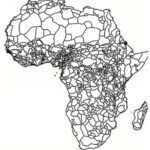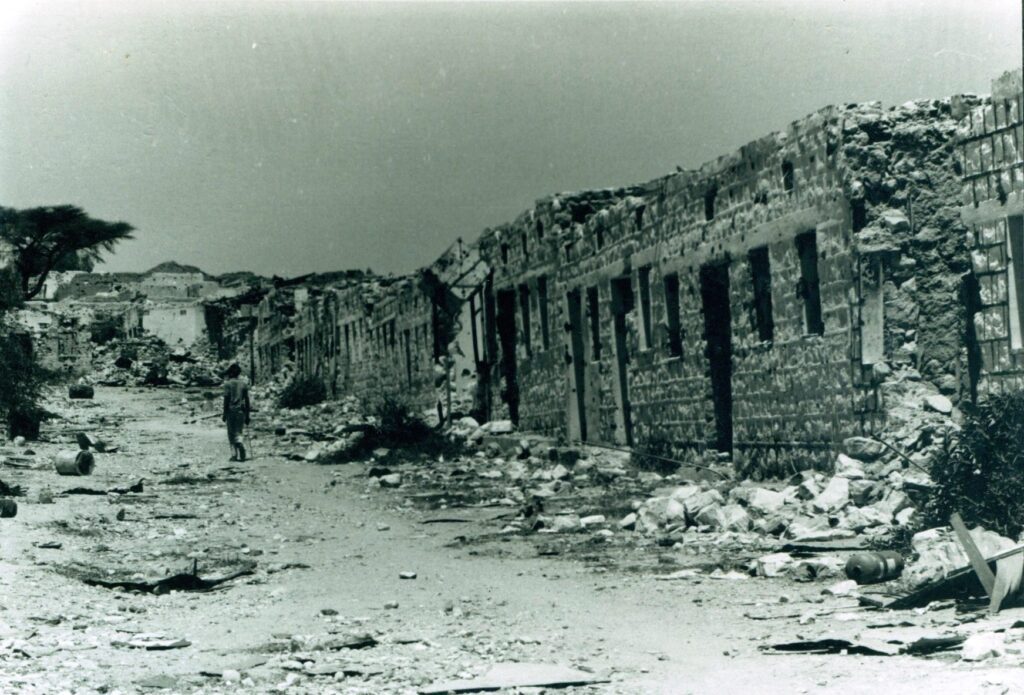By Joakim Gundel
Somalia eyes its first glimmer of hope in more than twenty years with the recent election of the a new president, Hassan Sheikh Mohamud and the former minister and civil servant, Mohamed Osman ‘Jawari’, as new speaker of the newly selected parliament in Mogadishu.
Although the end of transition should have been completed by August 20, the selection of a new president and speaker represents a turn of events which not many dared hope for – except for a small group of die-hard optimists among the mainly Somali Diaspora politicians who have flocked to Mogadishu to prompt a change.
The significance of this surprising outcome is the apparent success of a new set of competent actors – mainly from the Diaspora – in concerting a joint effort across the clan-based political constituencies; in defying the old corrupt practices of the incumbent TFG leaders and the business-warlords in manipulating the traditional clan-elders; and in building new alliances across the clans creating a sufficient new majority in the parliament, possibly in favour of a new leadership not marked by the spoils-politics, corruption and warlord rule of the past.
The achievement so far is to say the least the success of another novel initiative driven by an independent vetting coalition, IFISO, made up of Somali civil society groups who scrutinised the human rights records of candidates nominated as parliamentarians, presidential candidates, and members of cabinet, to ensure that individuals with records of war crimes, crimes against humanity, and serious human rights violations were not selected. Although the group did not succeed in excluding the incumbent leadership (Speaker, President and Prime Minister) referencing corruption allegations, they did succeed in prompting the Technical Selection Committee in excluding at least 50 former warlords from running for Parliament. That is a significant achievement and game changer in itself. Still, manipulations occurred and the most embarrassing part has been the bold exclusion of women in the parliament in spite of an agreement to ensure at least 30% female MPs.
What we have is just a glimpse of hope for peace in Somalia. The challenges ahead are tremendous, and the frustrations and grievances caused by the recent end of transition election process will need to be addressed urgently. This is because the manipulation of the elder system has caused severe anger within several sub-clans, and the risk of internecine conflict within sub-clans, with assassination and revenge killing cycles, is imminent. This is a serious matter, which Al Shabaab already has anticipated and forms part of their plan for their new strategy after having lost control of territories in South-Central Somalia; namely to exploit grievances to build a new underground ‘resistance’ or ‘muqawaama’.
The absolute key challenges to the new government will therefore be security, stabilisation and reconciliation.
Security and stabilisation
The war with Al Shabaab is still ongoing, and it is important that AMISOM does not start winding down their peacekeeping mission. Not at least because the TFG security forces and police are far from being in place, are still fragmented, still underpaid, and many of the forces are following their old militia loyalties, that is warlords, strong businessmen etc. There is a need to provide the forces and police with appropriate administrative training, functional courts, and police stations. To begin with, this can probably only be done with the participation of communities, district by district, a process which at the same time could address the dire need for reconciliation at local grass-roots level. If this is not done, the most likely outcome will be a resumption of chaos and recurrence of civil-war. Stabilisation and bottom-up reconciliation will be a key to success for the new government, which in turn should refrain from trying to impose its power from top down. The AMISOM forces’ ‘liberation’ of new areas should be used to prompt such local reconciliation processes involving the true local elders, women and youth groups. Any planning for finalising the constitutional process or preparing for actual general elections will have to wait for this process to succeed throughout the South-Central Regions.
Reconciliation from a grassroots perspective
The UN and international approach to peace building in Somalia has so far been extremely state-centred, focused on establishing power-sharing arrangements rather than prompting actual reconciliation. This miscalculation has been at the root of the failure of all the previous transitional governments. Even now, the new government is seen as a model for national reconciliation and good governance. This is far from being the case. The key issues of reconciliation, namely the rights to land and resource sharing must be addressed, and the most viable and sustainable pass is to adapt the experience from Somaliland’s grassroots based process to the South Central Somalia. The new government with the support of the international community must prompt this process at the local levels, and build new accountable governance structures up from below. The new central government should refrain from manipulating or controlling this process, but should simply allow for its facilitation.
Accountability, transparency and institutional governance
In the meantime, the new parliament and central government should prepare the ground for a constitutional process based on the outcomes of the localised reconciliation processes, towards a new constitution, which builds on indigenous political institutions on one hand but also paves the way from clan-based constituencies to geographical ones. It should also launch a break from the past financial management practices with the help of a joint financial management board established together with the international community to embark on building governmental institutions characterised by accountability and transparency; showing the Somali public that the government’s own revenue will be spent on rebuilding the country, health and education sectors as well as for a new national security sector. It must also safeguard its territorial integrity, especially in regards to its international waters and in combating piracy.
Healing Somalia requires a comprehensive long-term strategy, not a quick fix. It is therefore important that all achievements enable a move away from dependency on the humanitarian aid system towards development and long term investments in the economy. The new coalition of politicians working across the clans in Mogadishu is the best opportunity for Somalia since 1990.
Joakim Gundel is Director of Analysis, Bridge Analytics

